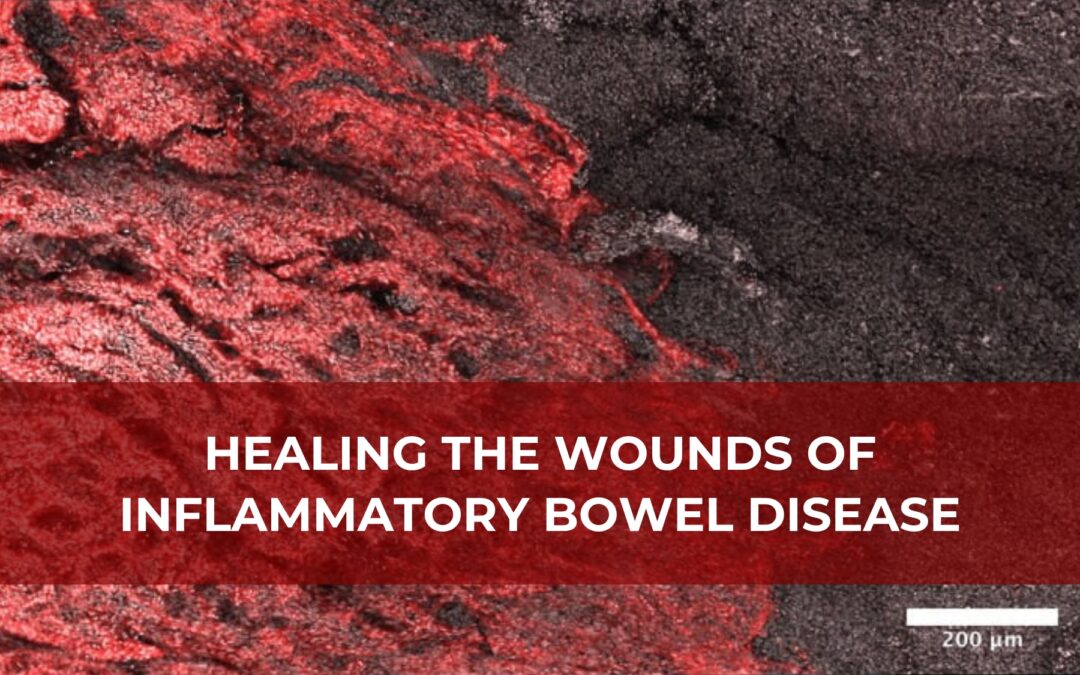CHICAGO, August 30, 2023 (WGNTV.com) – A University of Chicago team identified a special type of stem cell that is healing damaged bowel tissue in mice, a discovery that may have direct application to humans with inflammatory bowel disease. These early findings, made possible with seed funding from the GI Research Foundation, resulted in a recent five-year, $2.5 million grant from the National Institutes of Health to study those cells in humans.
The state-of-the-art isn’t enough when it comes to treating Crohn’s disease and ulcerative colitis.
Medication can reduce the inflammation brought on by these conditions, along with the painful symptoms they cause. Surgery, meanwhile, can remove areas of the digestive tract that have been scarred or don’t respond to the medical therapies. Current immunotherapies have revolutionized the treatment of these conditions, which are the result of abnormal immune system response. But there are a large number of ongoing unmet needs and gaps in care. For example, the current medical therapies do not address the root cause of the diseases.
Work by the University of Chicago’s Dr. Cambrian Liu and funding by the GI Research Foundation might someday offer a new approach to treatment based on regenerative medicine. Dr. Liu and his team recently identified a unique type of skin-like stem cells that induce the healing of wounds in the colons of mice.
These cells travel from what is known as the anal transition zone, adjacent to the colon, to nearby areas that are ulcerated. They then take on new functions and form a thin, healthy layer of tissue over the wounds.
“These skin-type stem cells can make a hybrid structure that’s resistant to the disease and partially restores some of the intestine’s functions,” Dr. Liu said. By better understanding these stem cells, researchers could ultimately develop a new class of treatments for people with IBD.
“You could use these cells as a Band-Aid. You could cover up areas of bleeding in these patients so that you can tilt the balance back toward healing. In patients that have really severe disease, [it may even be possible to] rebuild a good portion of the lining of the intestine with these stem cells.”
Leveraging seed funding from the GI Research Foundation, the team recently received more than $2.5 million from the National Institutes of Health to further study these cells. Through this study, they are imaging and determining the characteristics of the stem cells in humans and determining how they change in order to heal wounds caused by IBD.


